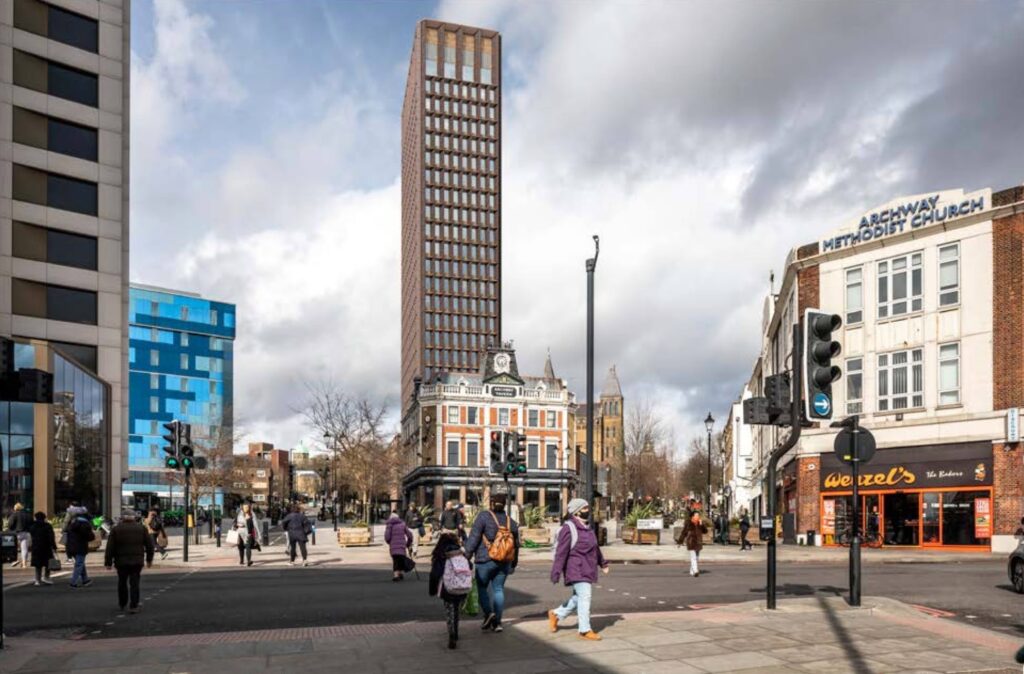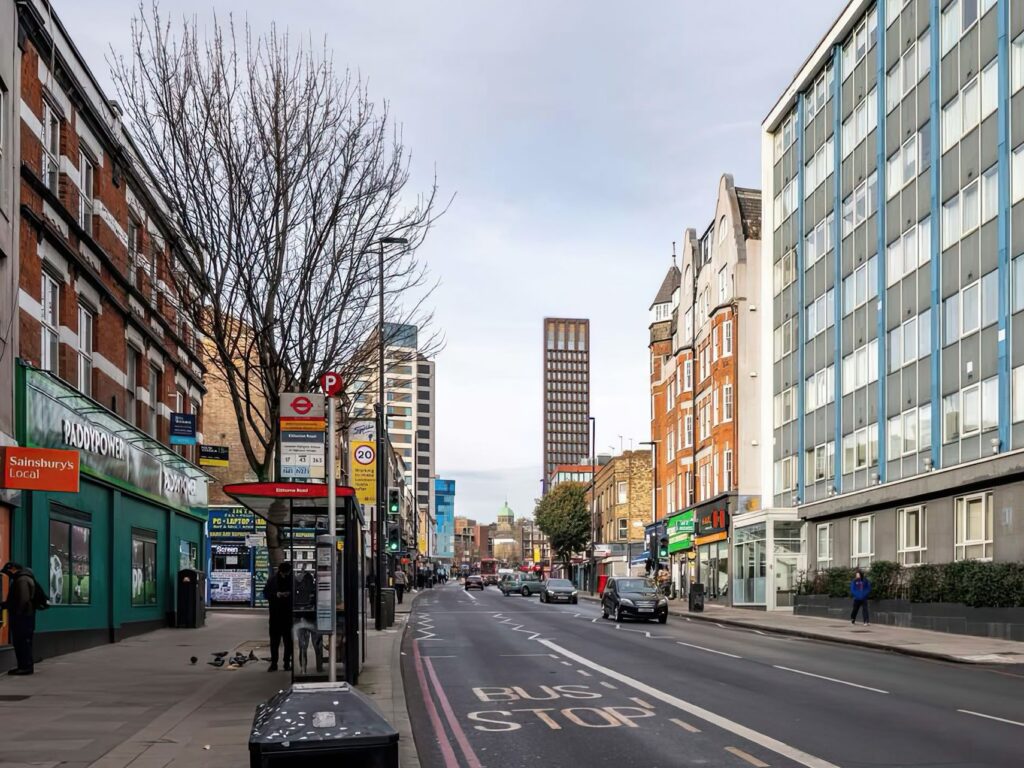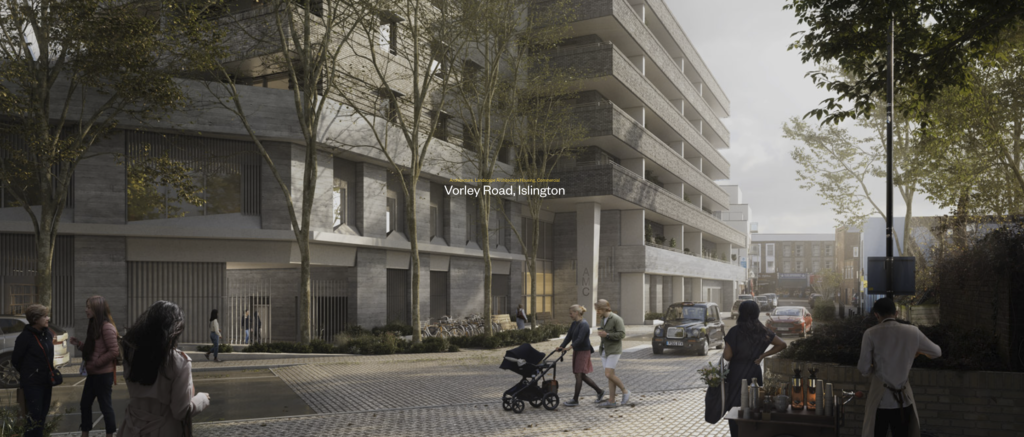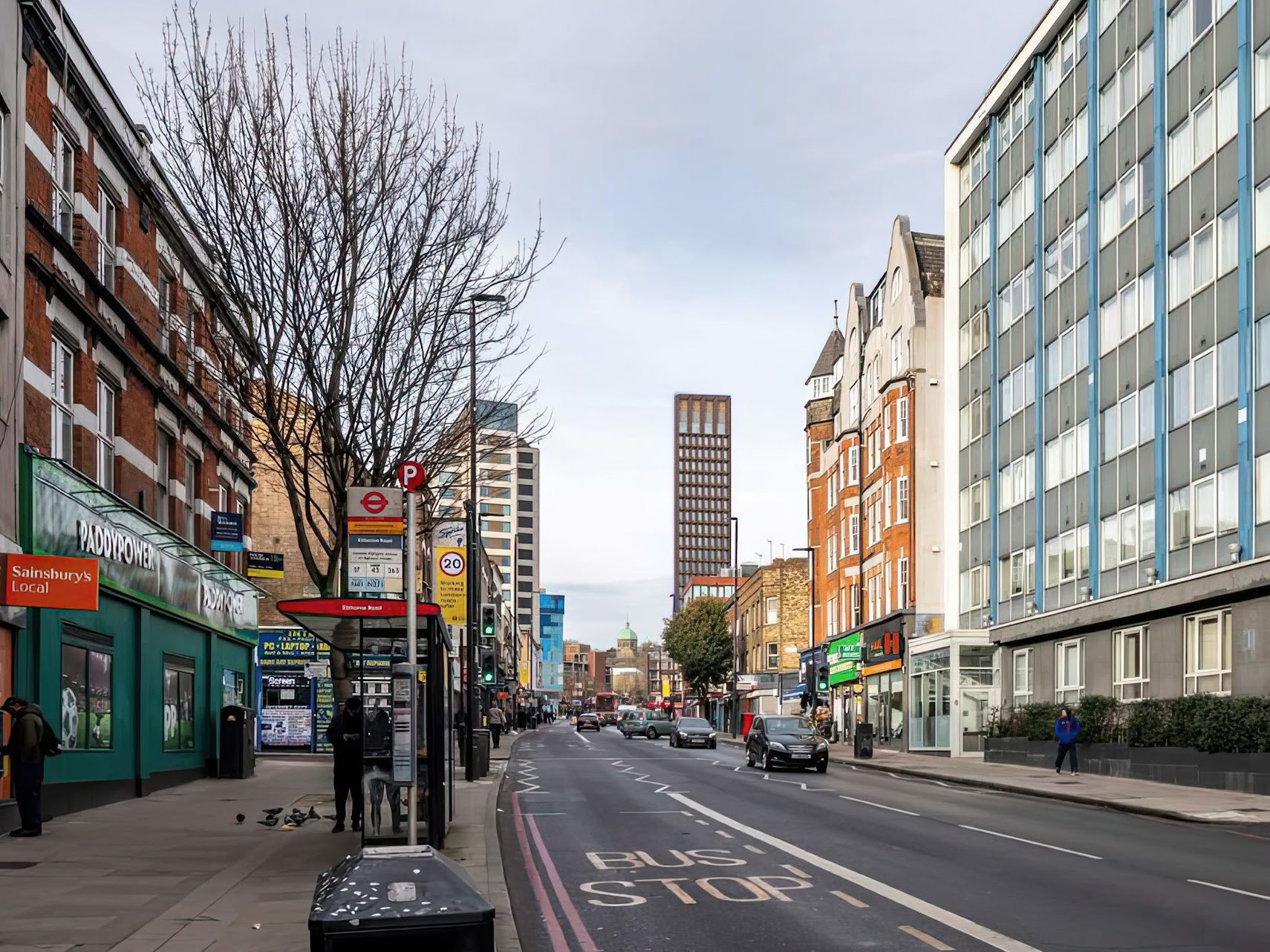Infant Wanted for Observation Study
Sabine Stebler is studying for her Integrative Child Psychotherapy Masters at the Institute for Arts in Therapy and Education (IATE). Now she is starting her Infant Observation module she is looking for a family to work with around Tufnell Park, Kentish Town, Dartmouth Park, Camden, Highgate, Crouch End, Muswell Hill, or surrounding areas with a baby born or expected in October, November, or December.
She needs to observe an infant with their parent for an hour a week. This is to gain insights into the early years and how the baby interacts with the world, witnessing their physical and emotional development.
Sabine would come to your home at an agreed time each week. Observations are completely non-intrusive with no need to do anything differently. You just go about your regular routine of feeding, playing, resting, etc. But feedback from parents shows that it can help them slow down and notice more too. And at the end you’d receive a little journal as a souvenir of your baby’s early development.
For more details contact sabine@stebler.net or text 07771 931 701.
Peace & Mind UK
Set up by Esther Ghey, mother of Brianna who was killed by two fellow school pupils, https://peaceandminduk.org/brilliantly focuses on solutions and not anger. Key campaigns are to bring meditation into schools, and to keep children safe with their phones, for example with a sim card which restricts access to the web.
Music Can Help Babies With Pain
An analysis of nine clinical trials found that music, including live, classical, female vocalists, recorded lullabies and recorded nursery rhymes, helped ease babies with pain. They found it worked with eg premature babies subject to procedures like heel prick blood tests as well as babies born at full term undergoing operations like circumcision. The research was published in the Archives of Disease in Childhood.
This makes sense as there is growing evidence that music plays a powerful, if still unexplained, role in the way we function, impacting for example heart rate, though the once fashionable Mozart Effect, which claimed that the composer’s music produced cleverer babies, has now been discredited.
Archway Campus
The planning application to rebuild this site at the bottom of Highgate Hill has gone in and it’s hard to think of much good to say about it – see images at bit.ly/archwaycampus24.



Neighbours were consulted on a lower rise scheme, retaining existing historic buildings and providing the same amount of housing. Why then has Islington encouraged a scheme with a 27-storey tower, especially when their own documents on tall buildings doesn’t think the site is suitable for a tower, and that the area as a whole is only suitable if at all, for towers of up to 15 storeys?
The tower would create wind blight, shadow, and be visible from far and wide, and require demolition of a large part of the valued Conservation Area – again contrary to policy – along with trees protected by Tree Preservation Orders.
The proposed tower was designed by a Sterling Prize winning architect, but his effort (not his best work) seems to have ended there with the original roofline reduced to a flat line leaving a slab, mirroring the Archway Tower but twice as tall.
Even more galling, the tower wouldn’t meet local need but house students at a rent higher than the UK student living grant.
Though there is much mention of 50% affordable housing, crunching the numbers it looks much closer to 20 to 30%, with the genuinely affordable ‘social’ housing no more than half of that. So all this damage doesn’t even resolve housing need.
Even if you aren’t directly affected, please do write to object to planning@islington.gov.uk with the reference P2024/2598/FUL and copy your local councillors plus Camden and Haringey ones as the tower would be visible there too:
janet.burgess@islington.gov.uk; sheila.chapman@islington.gov.uk; kaya.comerschwartz@islington.gov.uk;shreya.nanda@Islington.gov.uk; michelline.ngongo@islington.gov.uk; marian.spall@islington.gov.uk;una.o’halloran@islington.gov.uk; Camron.Aref-dib@camden.gov.uk; lorna.russell@camden.gov.uk;anna.wright@camden.gov.uk; nick.dacosta@haringey.gov.uk; scott.emery@haringey.gov.uk; Marsha.Isilar-Gosling@haringey.gov.uk.
If the tower gets the go-ahead it would be a precedent for even more.
And Another Tower…
And indeed, no sooner does the Campus tower application go in, then Islington slides out another, to make their ill-considered scheme on Vorley Road even taller. This version is even more expensive than the last, the proportion of private housing even larger, the wind blight remains and it features small flats which are already in over supply, with more to come from the Campus site.

As above, please take a moment to remind the councillors that towers do not solve housing needs. Most are reported largely empty being either unsold or bought offshore. They are expensive to build and maintain, and provide limited accommodation because of the need for plant and lifts and lobbies and stairs. The densest housing is in fact in places like Kensington & Chelsea with their four and five-storey street-facing properties.
The council could save their money and build all the social housing in four-storey street facing properties which would fit those units plus the planned library and GP practice much more comfortably and attractively (including disabled access), while avoiding all the dangers of gambling on the housing market.
Please quote reference P2022/1221/FUL to planning@islington.gov.uk, copying janet.burgess@islington.gov.uk;sheila.chapman@islington.gov.uk; kaya.comerschwartz@islington.gov.uk; and una.o’halloran@islington.gov.uk.
Boiler Checks
An annual service might seem redundant if your boiler seems to be working fine, but engineers can check things you can’t and addressing smaller issues prevents them leading to bigger and more expensive ones. It should also make sure the boiler works more efficiently, saving you money. Here’s what the engineers should be doing.
They should start with the outside, looking at the boiler’s hot water cylinder, its pipework and the controls. They should also check that the fuse rating for your boiler is correct. If too high it could overheat and cause fires.
If it isn’t already running, the engineer will start your boiler to make sure it starts, stays on and heats water effectively. Causes preventing that include low pressure, blockages in the system, faulty valves or frozen pipes.
Removing the casing the engineer will then be looking at the case seals to make sure they are not damaged or failing. If there is an issue, it could affect combustion which could in turn affect efficiency, and potentially a dangerous situation down the line. The burner is the component that enables combustion. If that is blocked or damaged it could affect combustion and thus efficiency/safety.
The electrode sends a signal to the control circuit when a flame is detected; this is an important safety feature that ensures gas is only used when necessary, preventing waste and potential danger.
The heat exchanger is the component in which the water is heated by the burner. The engineer will inspect its condition for signs of cracks or leaks. Small leaks, which may dry up during use and not be spotted until too late, could develop and cause much larger problems.
The flue takes combustion gases out of your house and needs to be checked to make sure it is doing this effectively. (You should have at least one CO2 alarm in the house just in case the flue gets damaged or blocked.)
The engineer will check the products of combustion and the rate at which it’s burning gas to analyse how the boiler is performing. Small adjustments may be made to ensure it’s operating safely and efficiently.
The engineer will also make sure the boiler controls are working, check that it’s in an adequately ventilated area, and that it isn’t next to any combustible materials.
There should be a record for you to keep of checks carried out and any faults found which tells future engineers about any previous issues and what to look out for.


